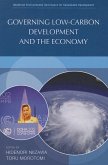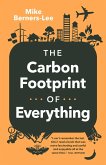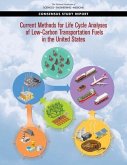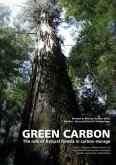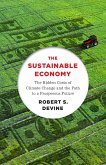The Nicholas Institute for Environmental Policy Solutions at Duke University is a nonpartisan institute that engages with decision-makers in government, the private sector, and the nonprofit community to develop innovative proposals that address critical environmental challenges, with offices at Duke University and in Washington, D.C. Zach Willey is a Senior Economist at Environmental Defense, a leading national nonprofit organization that links science, economics, and law to create innovative, equitable, and cost-effective solutions to society’s most urgent environmental problems. Willey specializes in developing economic solutions to greenhouse gas emission and natural resource degradation problems in terrestrial ecosystems. Bill Chameides, dean of the Nicholas School of the Environment and Earth Sciences, is former chief scientist of Environmental Defense and a member of the U.S. National Academy of Sciences.
Hinweis: Dieser Artikel kann nur an eine deutsche Lieferadresse ausgeliefert werden.
Hinweis: Dieser Artikel kann nur an eine deutsche Lieferadresse ausgeliefert werden.


